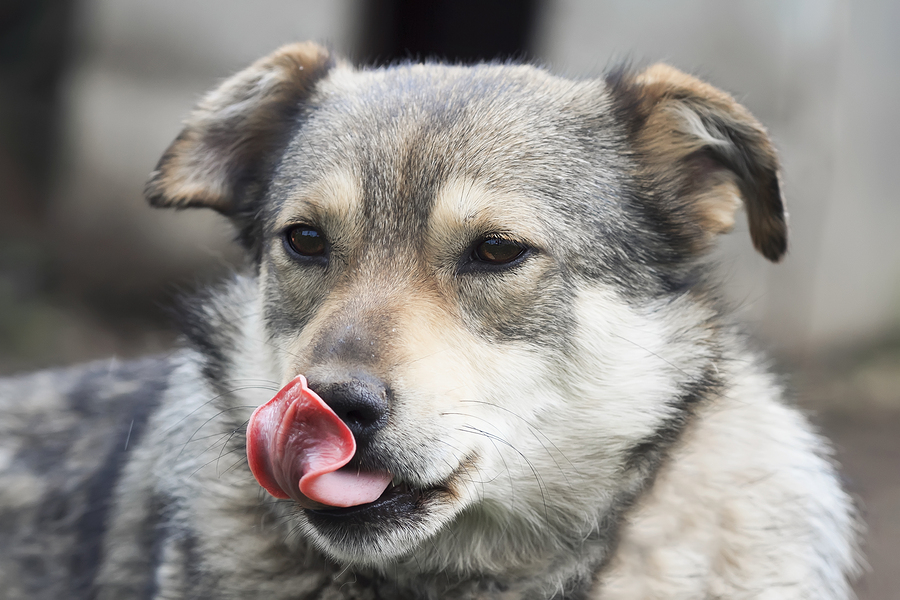Your pet comes in licking his chops well before mealtime. Uh-oh. What has he gotten into?
Chances are, it’s something that’s not good for him. Last year, the Top 10 toxins ingested by pets were over-the-counter medications, medications prescribed for humans, insecticides, human foods that are toxic to pets, household items, veterinary medications, chocolate, plants, rodenticides and lawn and garden products.
If you find evidence or even suspect that your pet has swallowed something that could disagree with him in a serious or fatal way, the first thing to do is take a deep breath and remain calm. Then look for empty packaging or other clues as to what he might have eaten and how much.
Call the veterinarian to say that you’re on your way with your pet, and why. Bring the empty or partially eaten containers, plant material or any type of label. It will help your veterinarian to know if that chocolate bar your dog ate is milk chocolate or 77 percent cocoa Belgian chocolate.
Maybe it’s the middle of the night and you don’t have a 24-hour veterinary hospital in your area. Call a pet poison hotline. Be prepared to describe packaging, labels or plant type and whether your dog or cat is conscious, alert, breathing normally and able to stand and walk.
Don’t induce vomiting. It’s not the best way to remove toxic substances from a pet’s stomach, so toss out that old bottle of ipecac. Nobody recommends it anymore, for pets or kids. Instead, keep activated charcoal on hand. It acts like a sponge, absorbing what’s in the stomach. Stick with plain activated charcoal, available from your drugstore or grocery store.
Read more here…


